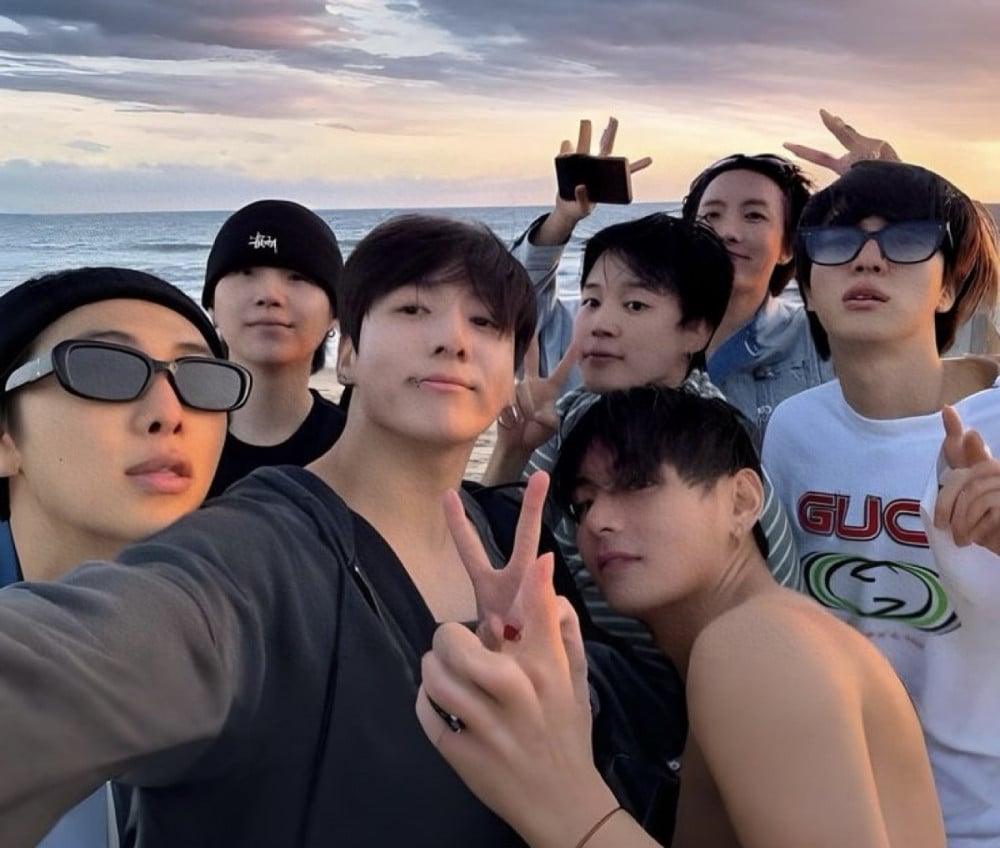
At a recent National Defense Committee audit of the Military Manpower Administration, the fairness of South Korea’s military service exemption system was once again brought into question.
On October 20th KST, during a parliamentary audit held at the National Assembly in Yeouido, Rep. Sung Il Jong, chairman of the Defense Committee and a member of the People Power Party, raised concerns over the inconsistency of current military exemption laws.
“BTS could have been exempted if only the enforcement decree had been revised,” he said, criticizing the lack of fairness in the current system.
Rep. Sung proposed amending the Military Service Act’s enforcement decree to allow global pop music award recipients—like BTS, who have earned numerous international accolades—to qualify as arts and sports personnel.
Under current law, arts and sports personnel are individuals recognized for outstanding contributions to national prestige through cultural achievements. They are allowed to substitute mandatory military service with 34 months of alternative service, provided they win first place in designated domestic arts competitions or second place in recognized international ones.
When asked whether Nobel Prize winners in literature or chemistry would qualify for exemption, Military Manpower Administration Commissioner Hong So-young responded, “Not under the current system.”
Rep. Sung pointed out the inconsistency:
“Even if someone wins a Grammy, Billboard, or American Music Award, they are not exempt. Yet over the past 10 years, around 210 individuals have received exemptions by winning so-called ‘international’ competitions that are held in Korea.”
Of the 35 designated competitions that currently qualify for exemption, 11 are held domestically, and 5 of those are purely Korean competitions, meaning that all participants are South Korean nationals.
“If 91% of all exempted individuals are from local events disguised as international competitions, how is that fair or balanced?” Sung asked.
Commissioner Hong admitted, “There are certainly concerns regarding fairness.”
Rep. Sung further emphasized BTS’s contributions, stating:
“BTS generated an estimated KRW 56 trillion (~39 billion USD) in economic impact, yet they received no exemption. Meanwhile, individuals who brought little benefit to the country were granted military service exemptions. How can the public accept this as fair?”
Commissioner Hong responded,
“We will actively seek improvements through discussions with the Ministry of Culture, Sports and Tourism.”
SEE ALSO: BTS’s “Spring Day” ranks No.37 on Rolling Stone’s ‘250 Best Songs of the 21st Century’ list







